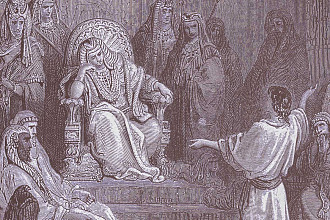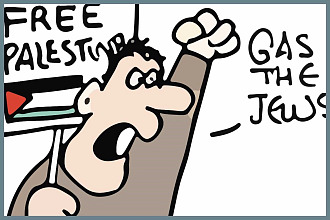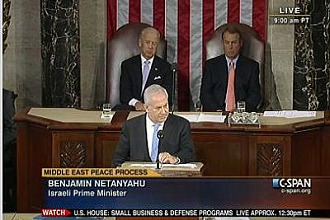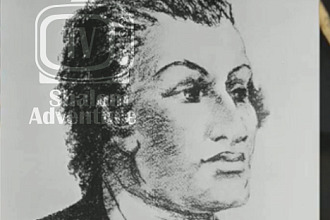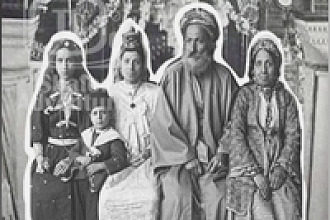n the years immediately prior to the First World War, both Arabs and Jews in Jerusalem relished the news of an impeding implosion of the Ottoman Empire. Both groups hoped the dissolution of the empire would result in increased abilities of each of their nationalities to more freely immigrate to and set up homelands in Palestine.
The Balfour Declaration, a 1916 letter sent by British Foreign Secretary Arthur James Balfour to Baron Lionel Rothschild, a prominent Jewish citizen himself, galvanized the Zionist movement by providing international support to a previously grassroots operation, expressing, "sympathy with Jewish Zionist aspirations...His majesty’s government view with favor the establishment in Palestine of a National Home for the Jewish People...it being clearly understood that nothing shall be done which may prejudice the civil and religious rights of existing non-Jewish communities in Palestine or the rights and political status enjoyed by Jews in any other country."
Just five weeks after the Balfour Declaration was issued, the British military united with the Central Powers (Germany, Austria-Hungary, Bulgaria, and the Ottoman Empire) under General Sir Edmund Allenby captured Jerusalem from Turkish reign, effectively bringing all of Palestine under military authority of the British Crown.
Emerging from the fine print of the Versailles Treaty of 1919, the British Mandate was ratified by the League of Nations Council in the summer of 1922 endorsing the concept of a land for the Jews in Palestine-Eretz Israel (the land of Israel) while cooperating with the Arabs already living there to run their own internal affairs. This however was viewed at the time by both Jews and Arabs as early steps toward the creation of a potential Jewish state in Israel.
The mandate was not officially effective until the following year. Scripted in the British Mandate was recognition of the, "historical connection of the Jewish people with Palestine...[and] secure establishment of the Jewish National Home” while further declaring English, Hebrew, and Arabic as the official three languages of the lands of Palestine and Transjordan which together comprise Israel today.
In the years to follow, the British Mandate was not successful at allowing Jews to freely flourish and thrive in Israel. The Royal Crown later determined the mandate did not apply to lands east of the Jordan River, limiting Jewish settlements in that territory which became later known as the Hashemite Kingdom of Jordan.
In 1930 and 1939, the Passfield and MacDonald White Papers (government policies issued by Great Britain) were issued that severely restricted immigration to the Holy Land and prevented Jews from being able to successfully acquire land. Jewish desires to inhabit and purchase land in Israel were further dampened and restricted by Land Transfer Regulations of 1940.
The MacDonald White Paper specifically proposed the creation of an Arab homeland in Israel within a ten year time frame. Over the years, the Jews obviously felt betrayed by Great Britain.
Britain ended the terms of the Mandate on 15 May 1948 following a United Nations General Assembly vote by eleven members to withdraw from Palestine. Within hours of this political move, the State of Israel as we know it today was officially born.
Written by Erin Parfet





